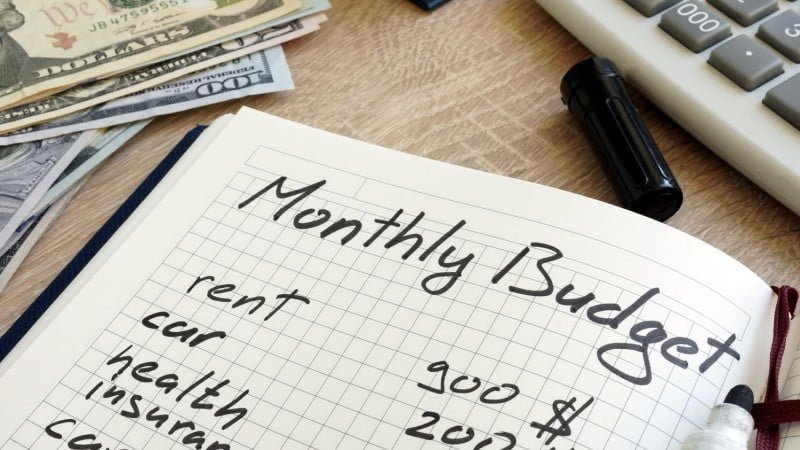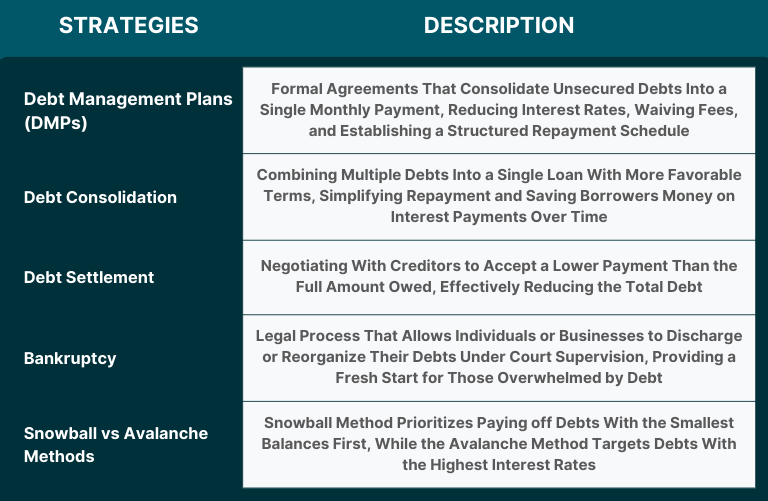
In today’s world, managing finances effectively has become more critical than ever. With rising costs and unexpected expenses, saving money can sometimes feel like an uphill battle. However, by adopting some expert-approved strategies, you can learn how to cut costs and boost your savings significantly. Here are 18 actionable tips to help you embark on a financially savvy journey.
Support us Checkout my book Top 10 Steps From Debt to Financial Freedom on Amazon
1. Track Your Spending
A great starting point for any savings plan is to know where your money is going. Create a spreadsheet or use a budgeting app to track every single expense. By doing so, you can identify and eliminate non-essential purchases.
2. Set Clear Financial Goals
Define your short-term and long-term financial goals. Whether it’s saving for a vacation, building an emergency fund, or planning for retirement, having clear objectives will motivate you to stay committed to your savings plan.

3. Create a Budget
One essential step to manage your finances better is to create a realistic budget. Allocate a specific amount for each category, such as groceries, entertainment, and bills. Stick to your budget religiously to prevent overspending.
4. Cut Down on Dining Out
While eating out can be convenient, it’s often more expensive than cooking at home. Prepare meals in bulk and pack lunches to save a considerable amount of money each month.
5. Take Advantage of Discounts and Coupons
Make it a habit to look for discounts, sales, and coupons before making any purchase. Numerous apps and websites offer promo codes and deals on a variety of products.
Support us Checkout my book Top 10 Steps From Debt to Financial Freedom on Amazon
6. Avoid Impulse Purchases
Impulse buying is a significant roadblock to saving money. Implement a 24-hour rule before making any non-essential purchase. This waiting period can help you decide if you really need the item.
7. Automate Your Savings
Set up an automatic transfer from your checking account to a savings account. By making savings automatic, you ensure that a portion of your income is saved without any effort on your part.
8. Reduce Energy Consumption
Lower your utility bills by being mindful of your energy consumption. Simple actions like switching off lights when not in use and using energy-efficient appliances can lead to substantial savings.
9. Cancel Unused Subscriptions
Review your monthly subscriptions and memberships. Cancel any services that you rarely use, and consider sharing or splitting the cost of streaming services with family or friends.
10. Shop Smart for Groceries
Plan your grocery shopping by creating a list and sticking to it. Avoid shopping when hungry, and opt for store brands over name brands to save money.
Support us Checkout my book Top 10 Steps From Debt to Financial Freedom on Amazon
11. Embrace DIY Projects
Many home repairs and improvements can be done by yourself with the help of online tutorials. Embrace DIY projects to save on labor costs and learn new skills in the process.
12. Refinance Your Loans
If you have existing loans or a mortgage, consider refinancing them to obtain a lower interest rate. This move can save you a significant amount over the loan’s duration.
13. Use Public Transportation
Consider using public transportation, carpooling, or biking to work instead of driving. By reducing your dependency on a personal vehicle, you can save on fuel, maintenance, and parking fees.
14. Practice Minimalism
Minimalism encourages you to own less and prioritize experiences over material possessions. This lifestyle shift can significantly reduce clutter and spending on non-essential items.

15. Monitor Credit Card Expenses
Credit cards can be a double-edged sword. While they offer convenience and rewards, they can also lead to debt if not managed properly. Pay off your balances in full each month to avoid interest charges.
Support us Checkout my book Top 10 Steps From Debt to Financial Freedom on Amazon
16. Review Insurance Policies
Periodically review your insurance policies to ensure you are not overpaying. Shop around for better rates and coverage to make sure you are getting the best deal possible.
17. Negotiate Bills
Don’t be afraid to negotiate your bills, such as cable, internet, and phone services. Contact your providers to inquire about promotions or discounts that may lower your monthly costs.
18. Seek Professional Advice
If you find it challenging to manage your finances, consider consulting a financial advisor. They can help you create a personalized plan to achieve your financial goals and offer advice on investments and savings strategies.
Embarking on a journey to save money and cut costs requires commitment and discipline. By implementing these 18 expert tips, you can take control of your finances, reduce unnecessary expenses, and work towards a more financially secure future.
Wrapping it Up
Saving money doesn’t have to be a daunting task. With clear goals, effective tracking, and mindful spending, you can make a significant impact on your financial well-being. Use these 18 tips as a foundation to build your savings and experience the peace of mind that comes with financial stability.
Don’t wait for tomorrow to start saving. Implement these strategies today and watch your savings grow!
Support us Checkout my book Top 10 Steps From Debt to Financial Freedom on Amazon
